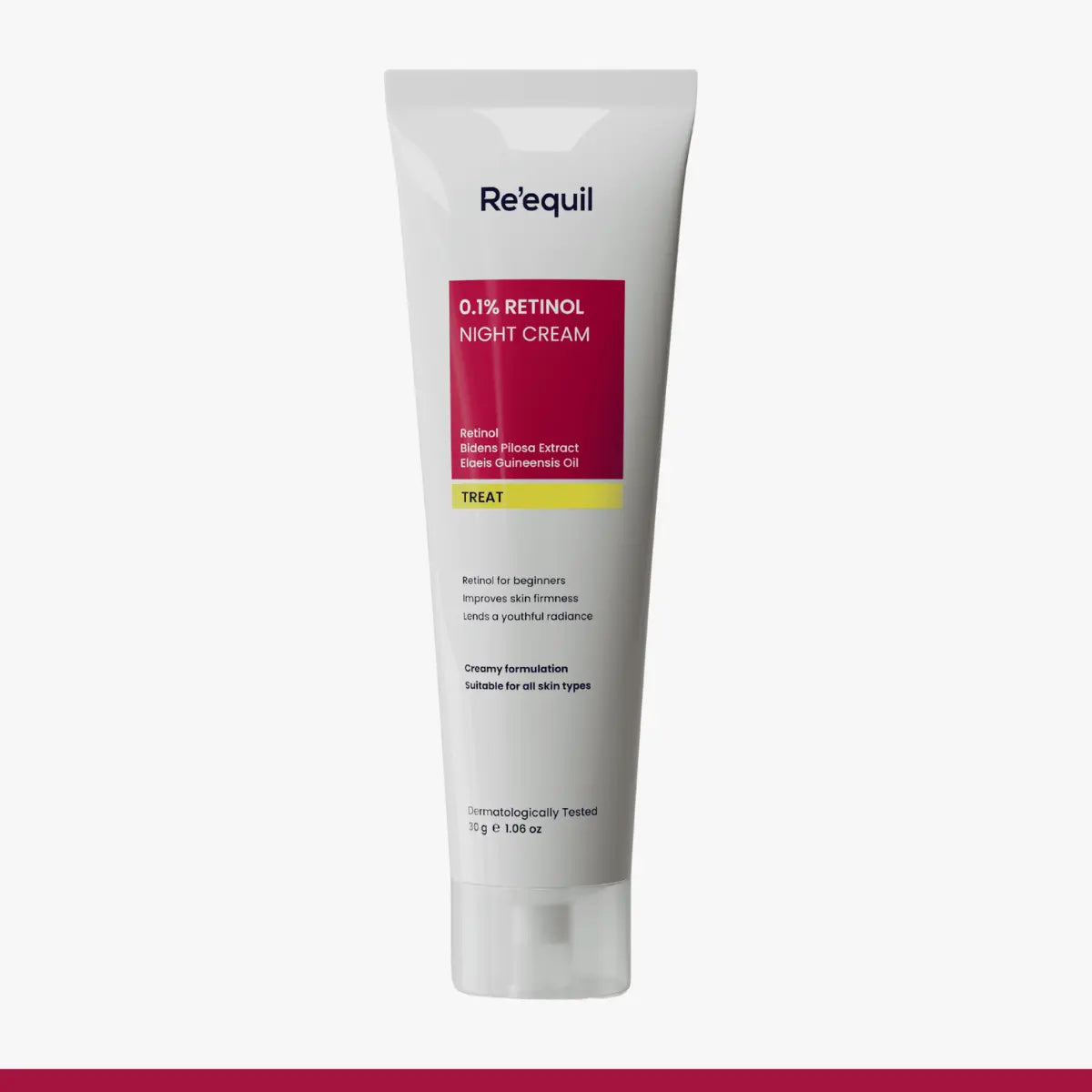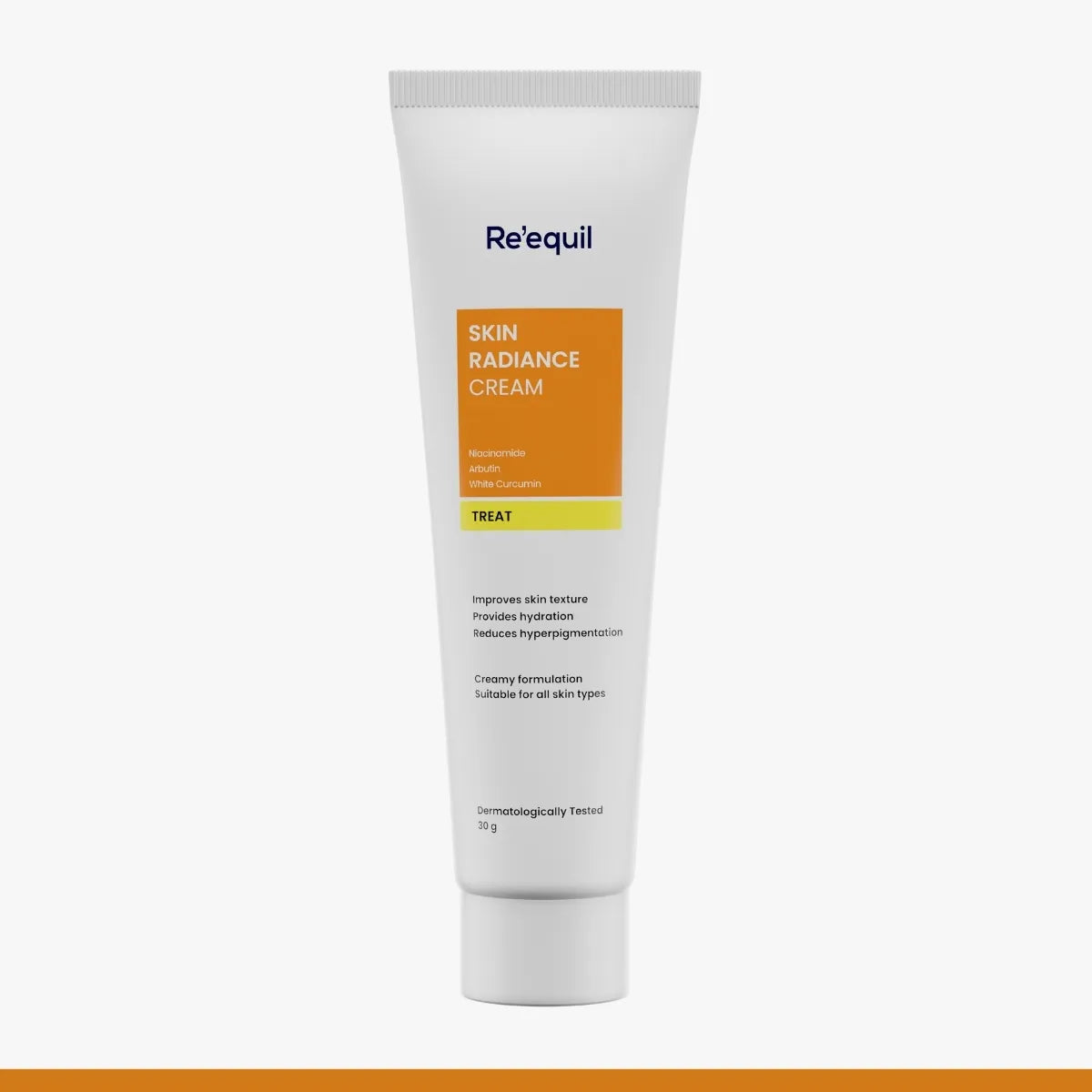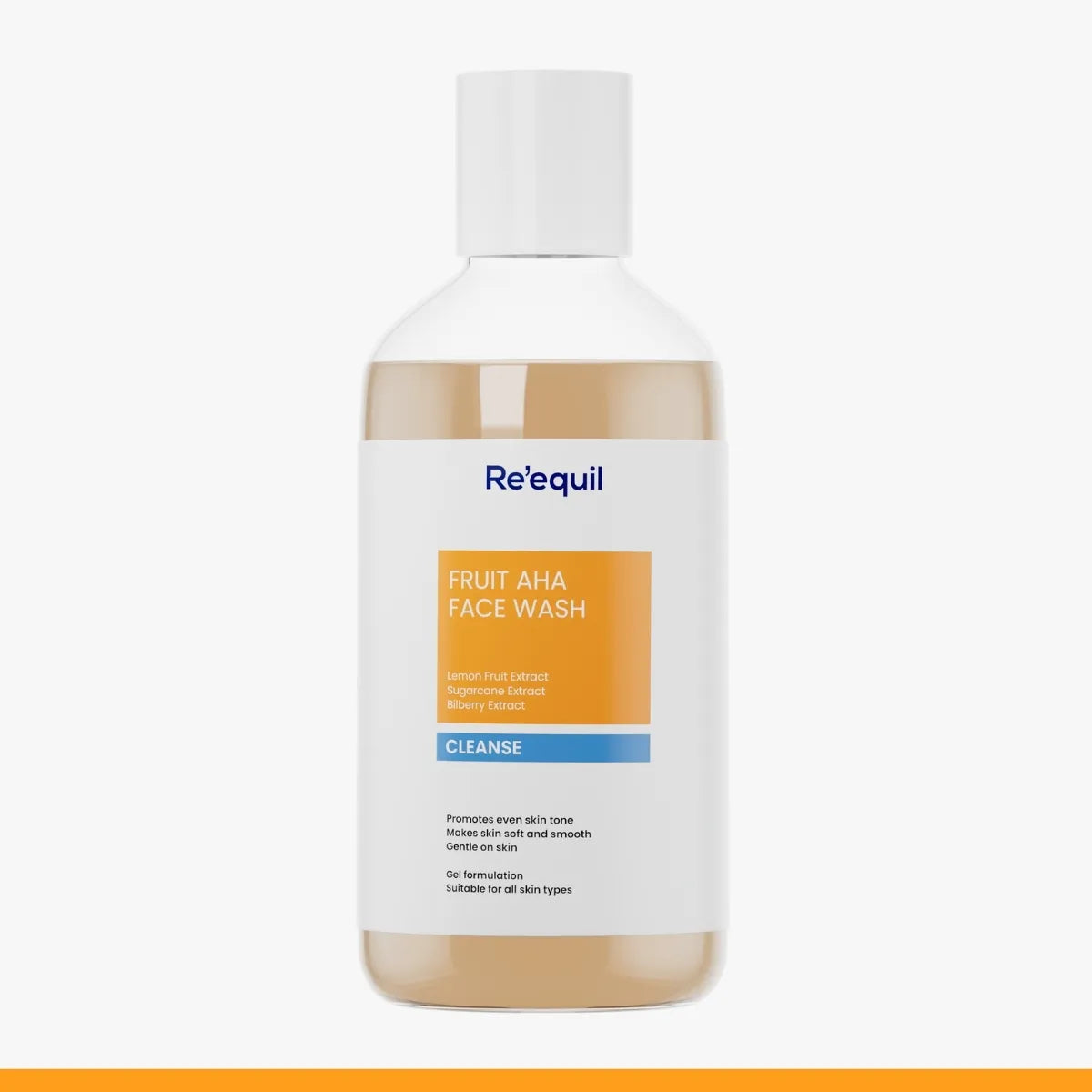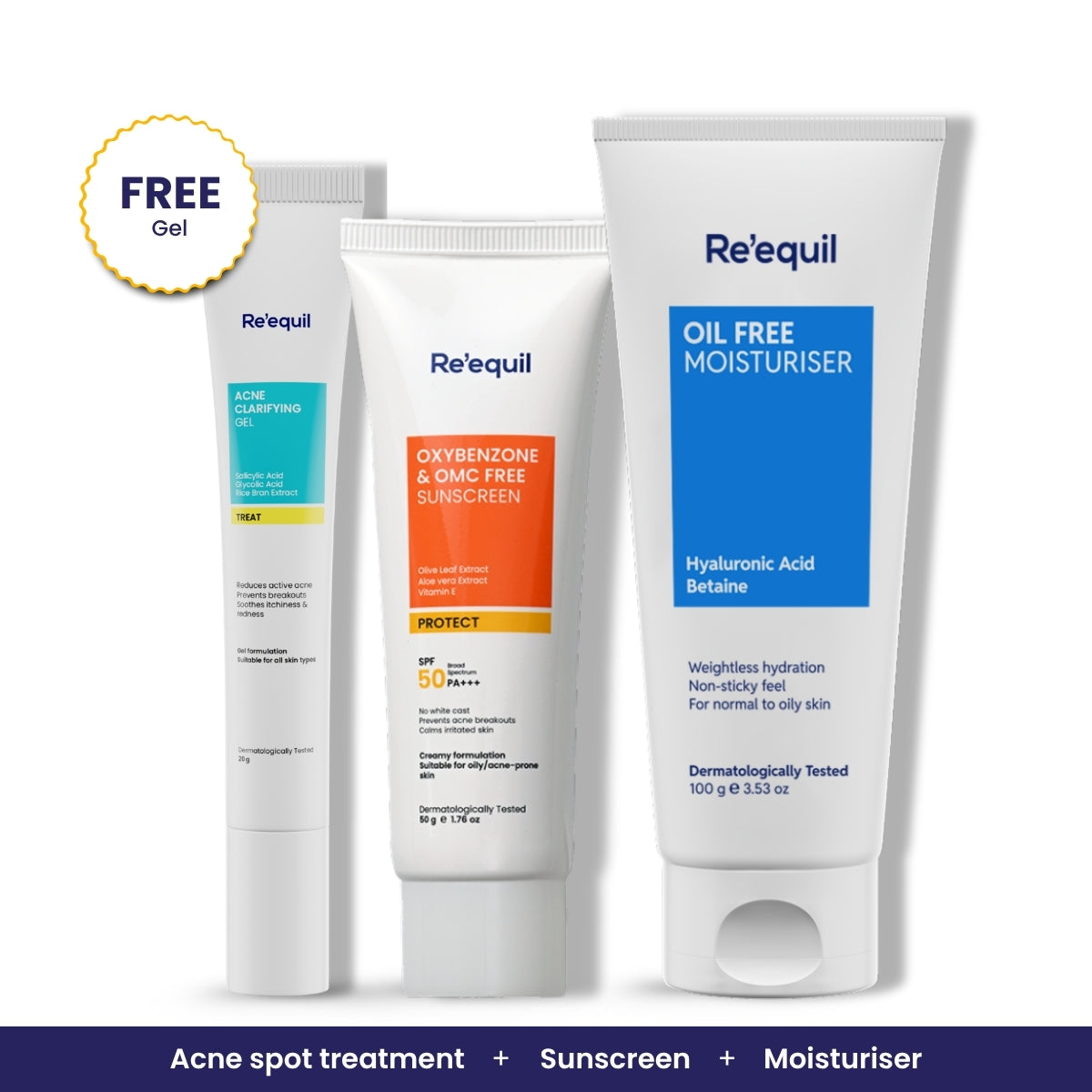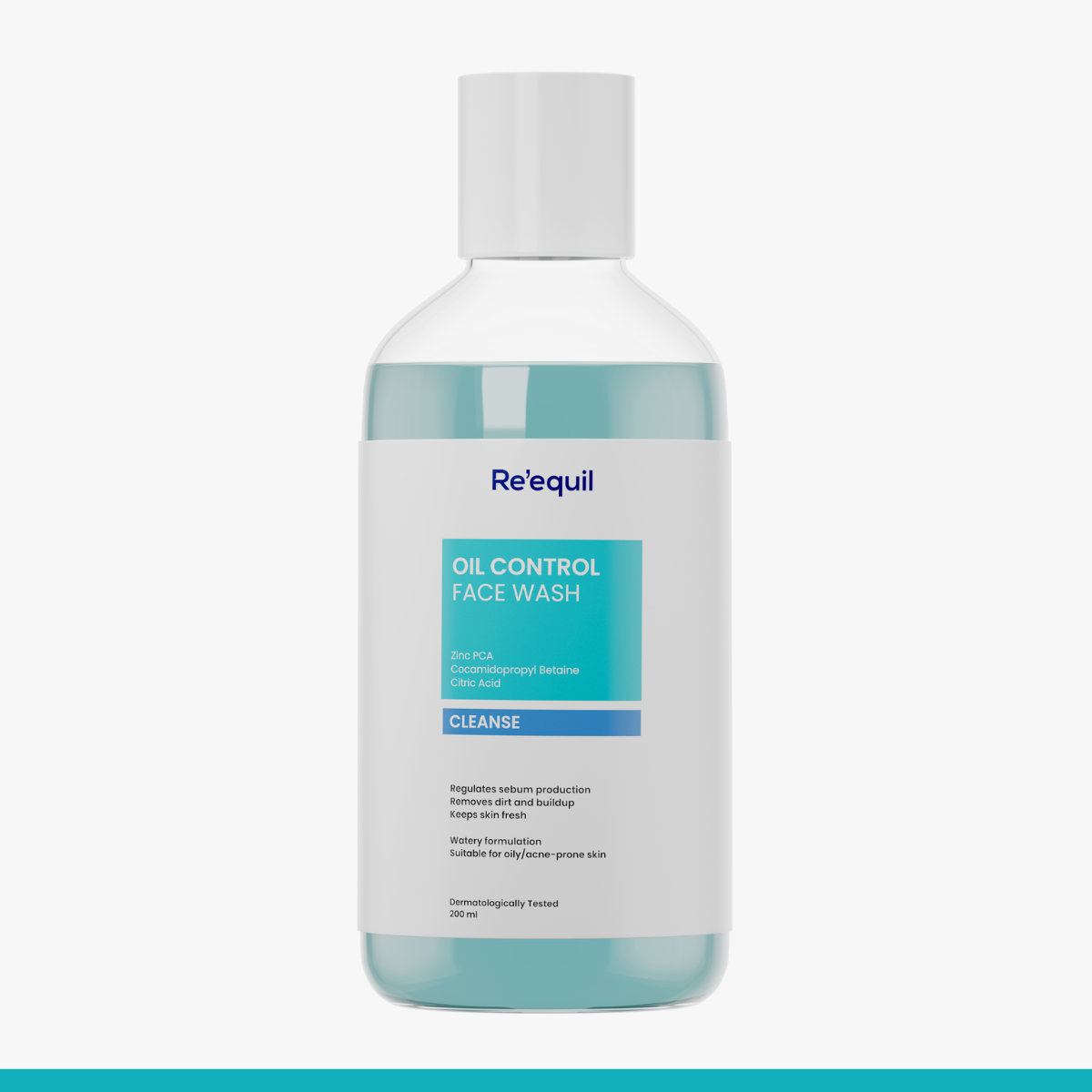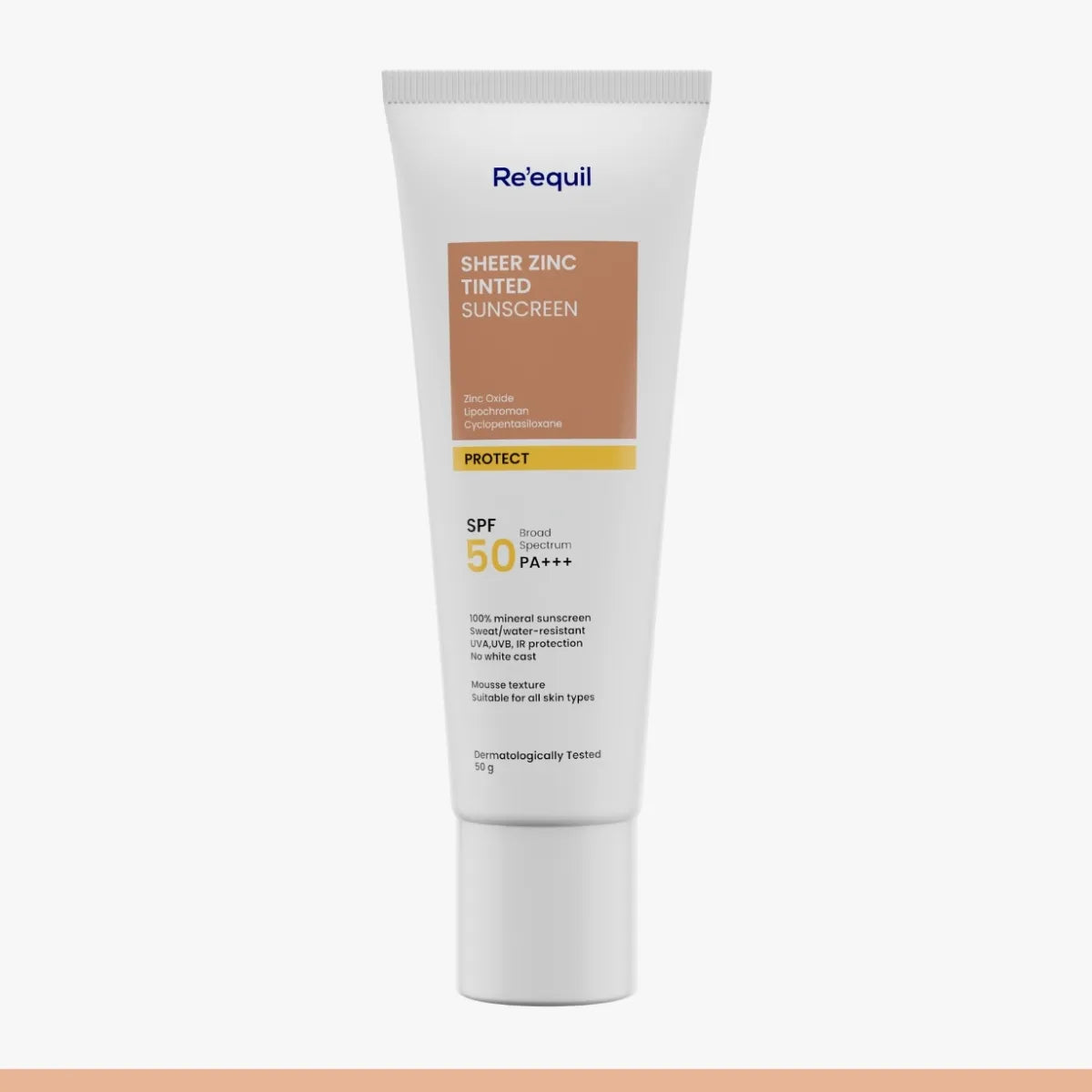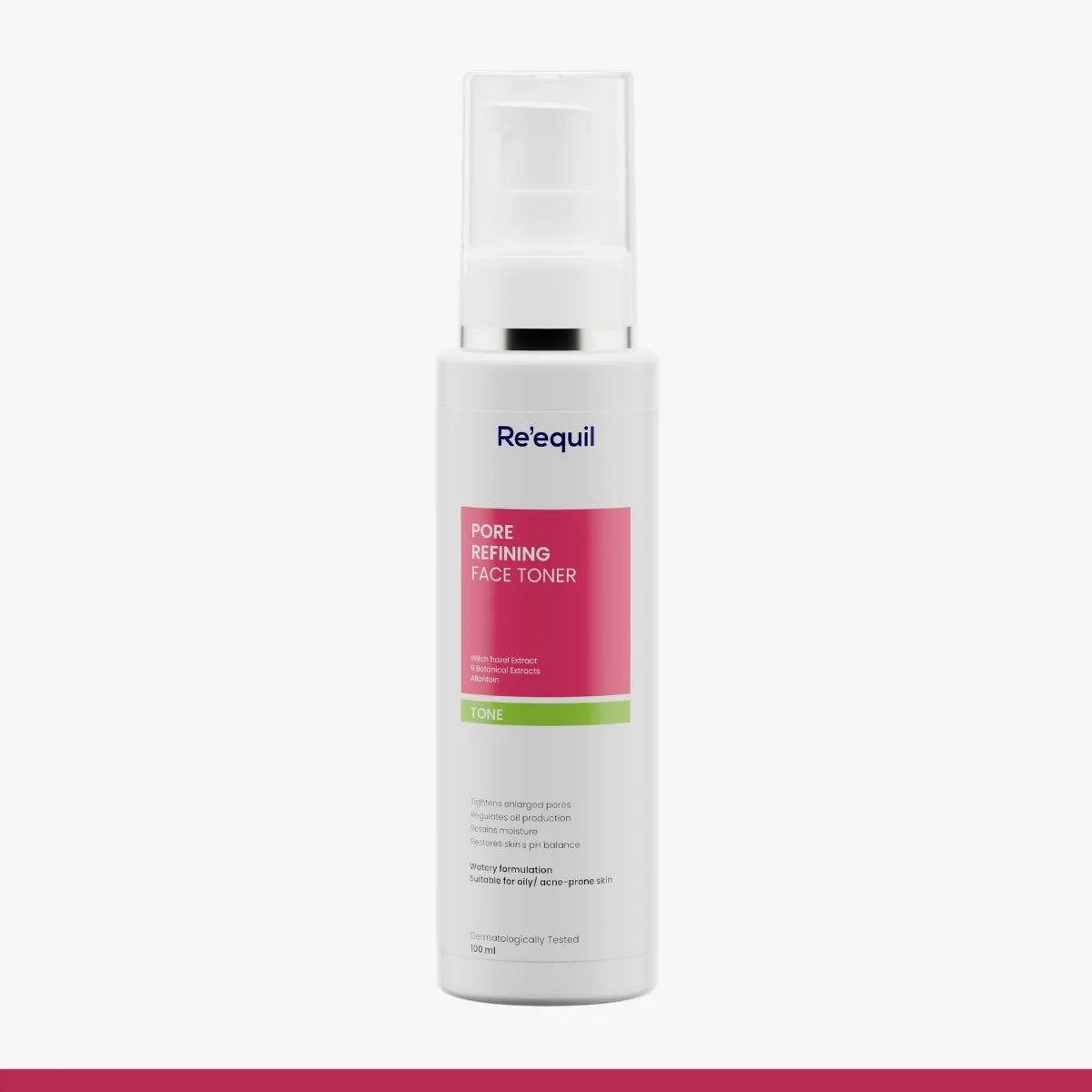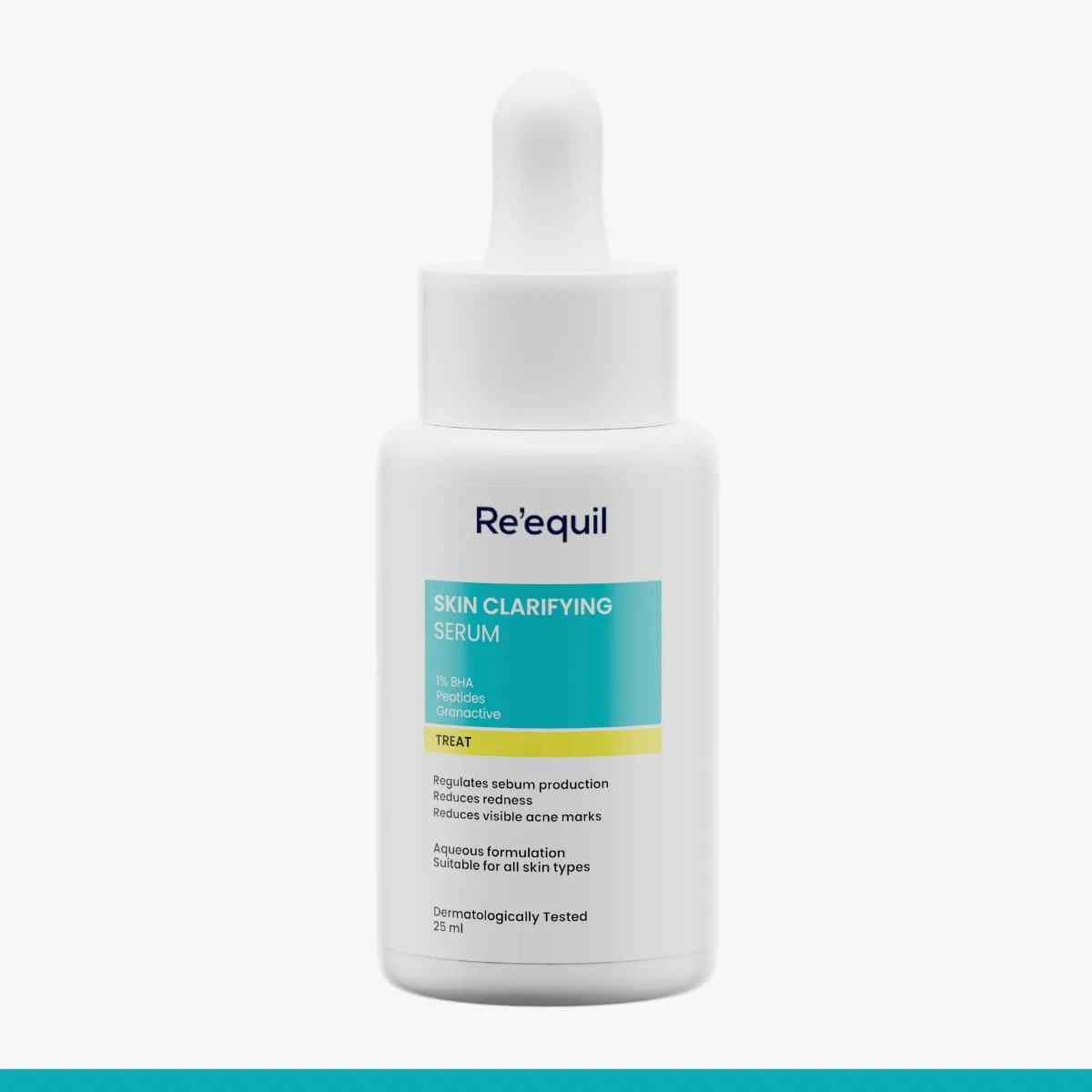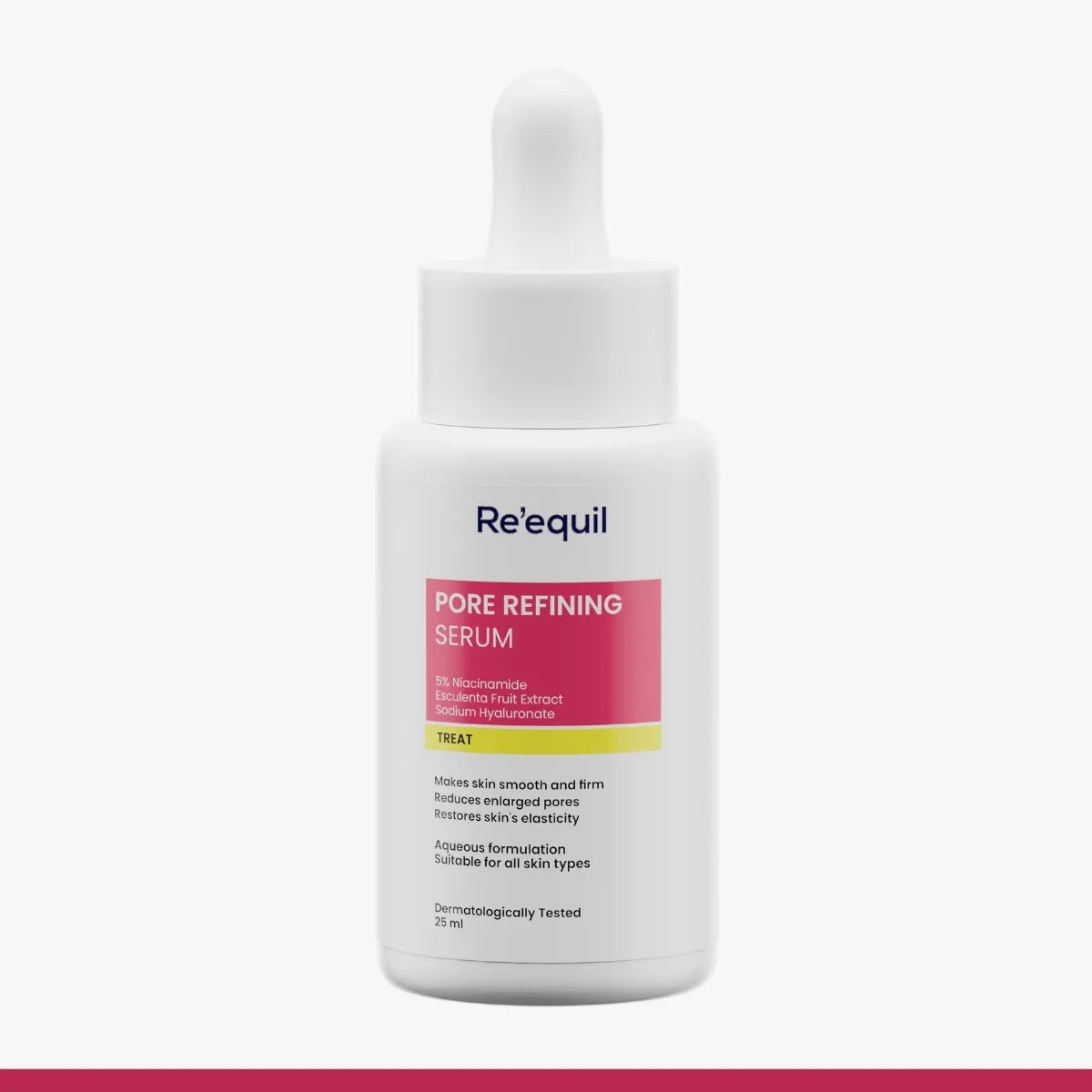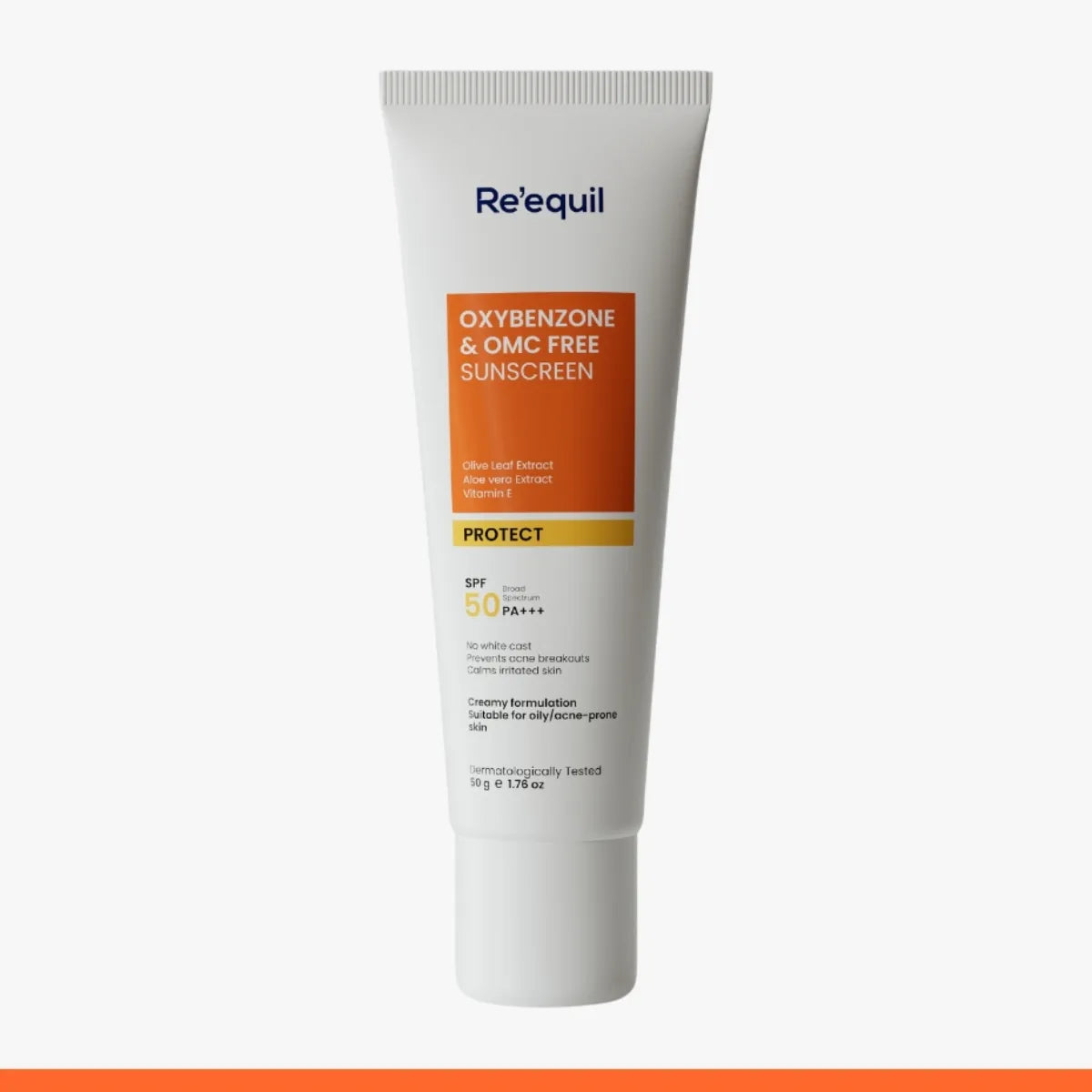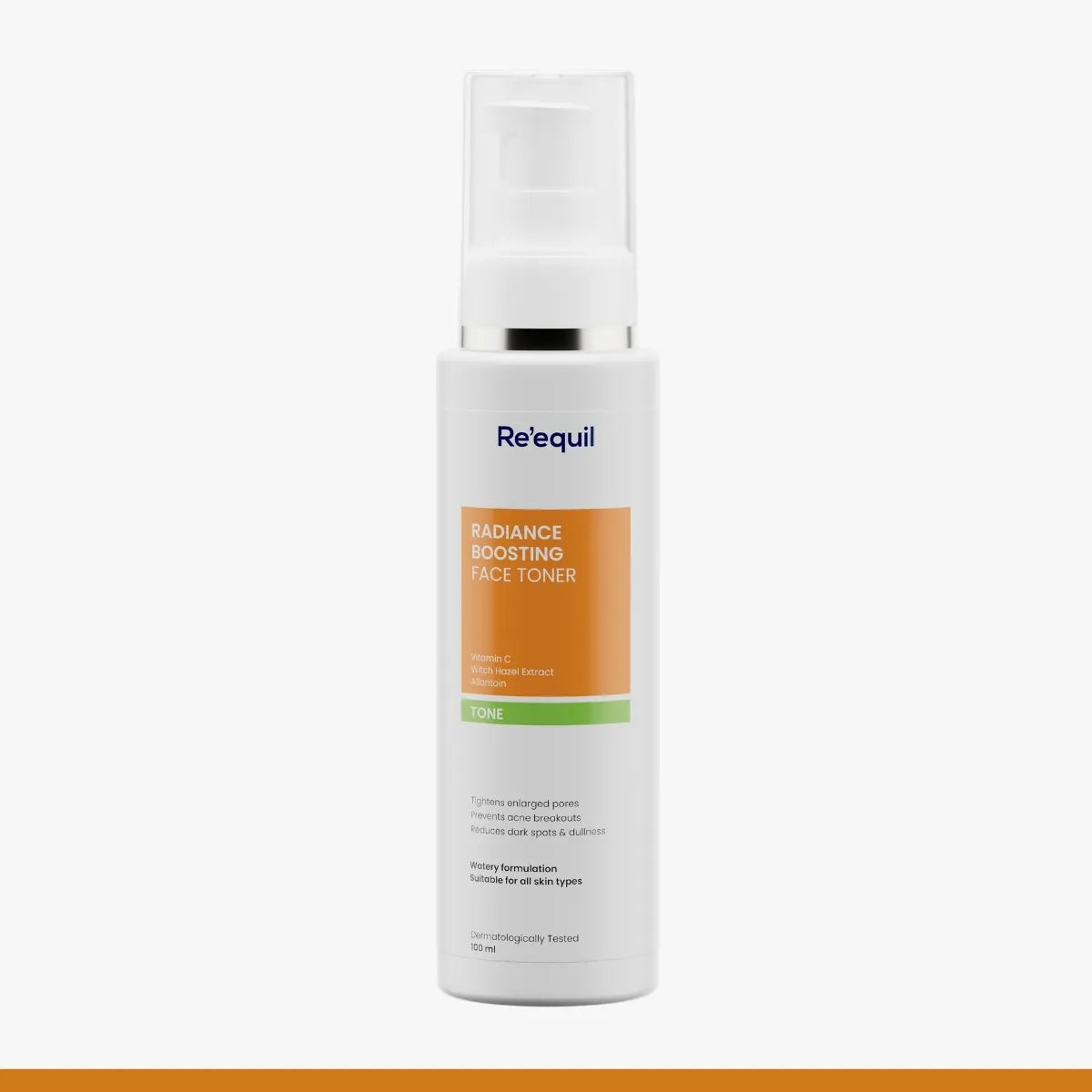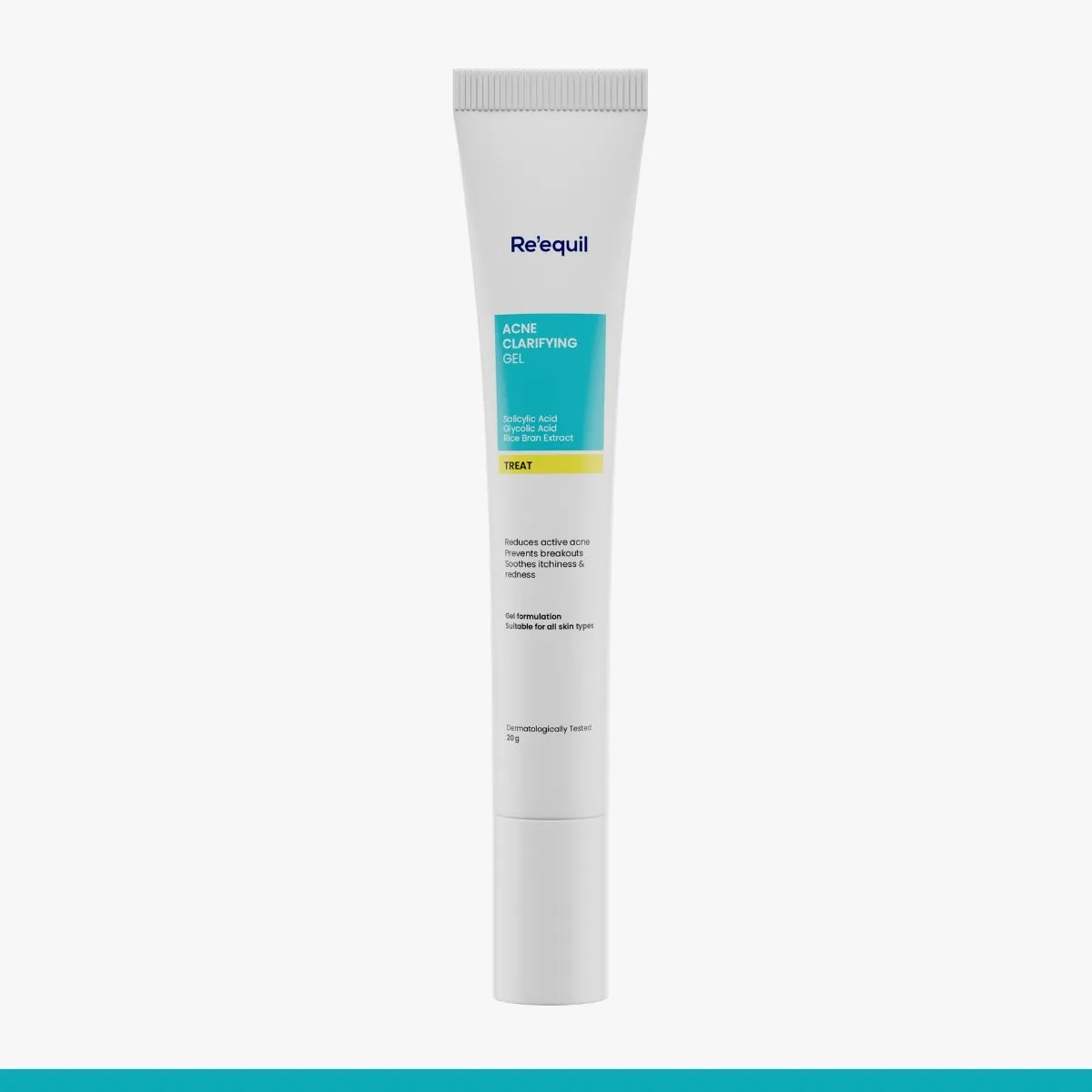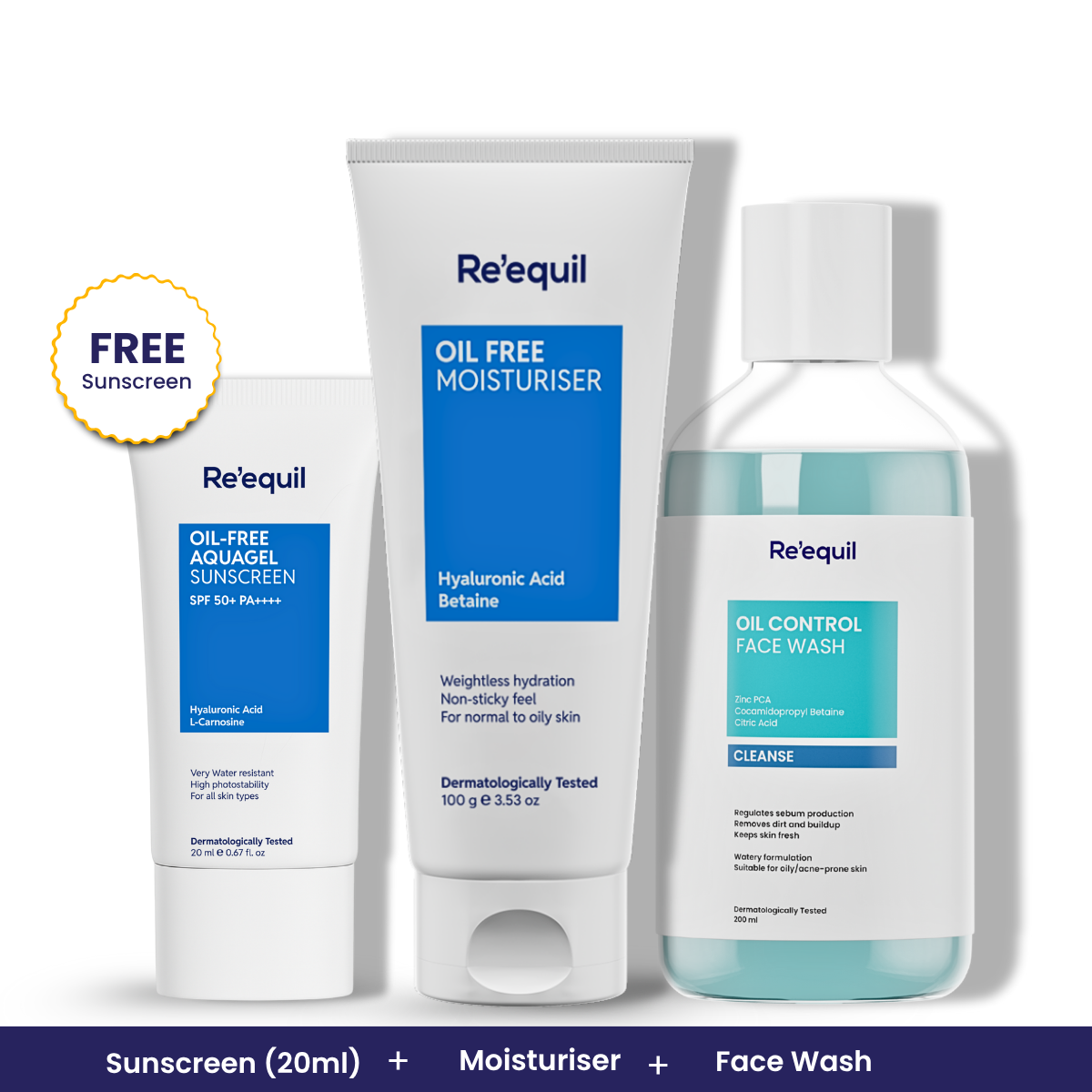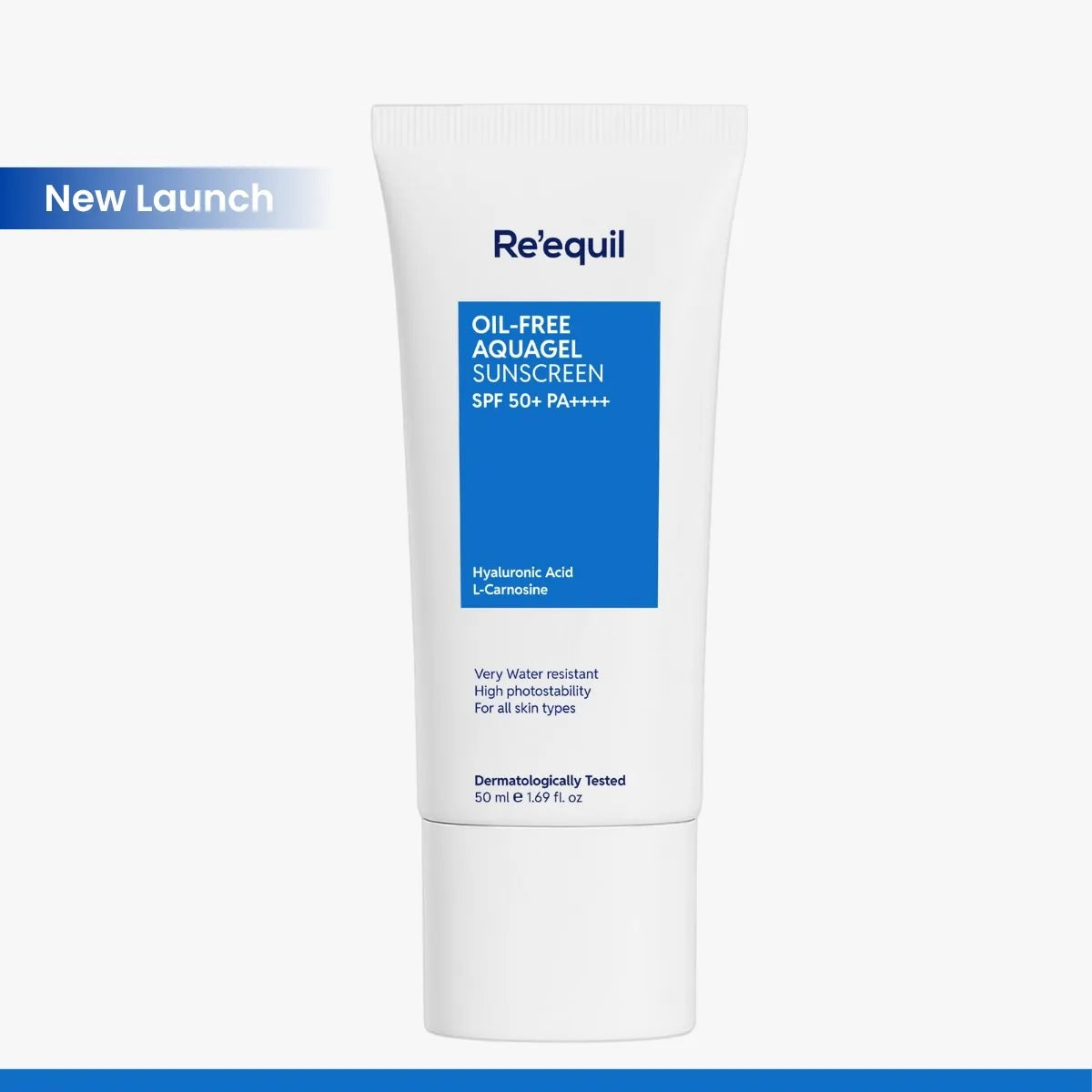Prevent excess oil
(17)
Filters (0)
Regular price
₹690
Sale price
₹690
Regular price
₹1,185
Unit price
/per
Excess oil
Matte Skin Lovers Duo
Regular price
₹846
Sale price
₹846
Regular price
₹940
Unit price
/per
Sun protection
Ultra Matte Dry Touch Sunscreen
Regular price
₹613
Sale price
₹613
Regular price
₹645
Unit price
/per
Regular price
₹280
Sale price
₹280
Regular price
₹295
Unit price
/per
Excess oil
Oil Control Face Wash
Regular price
₹328
Sale price
₹328
Regular price
₹345
Unit price
/per
Sun protection
Sheer Zinc Tinted Sunscreen
Regular price
₹660
Sale price
₹660
Regular price
₹695
Unit price
/per
Enlarged pores
Pore Refining Face Toner
Regular price
₹280
Sale price
₹280
Regular price
₹295
Unit price
/per
Enlarged pores
Pore Refining Serum
Regular price
₹423
Sale price
₹423
Regular price
₹445
Unit price
/per
Sun protection
Oxybenzone & OMC Free Sunscreen
Regular price
₹375
Sale price
₹375
Regular price
₹395
Unit price
/per
Oily skin
Oil Free Moisturiser
Regular price
₹280
Sale price
₹280
Regular price
₹295
Unit price
/per
Enlarged pores
Radiance Boosting Face Toner
Regular price
₹470
Sale price
₹470
Regular price
₹495
Unit price
/per
Regular price
₹328
Sale price
₹328
Regular price
₹345
Unit price
/per
Normal skin
Hydrate & Sun Protect Bundle for Normal Skin
Regular price
₹846
Sale price
₹846
Regular price
₹940
Unit price
/per
Excess oil
Oily Skin Rescue Bundle
Regular price
₹640
Sale price
₹640
Regular price
₹935
Unit price
/per
Sun protection
Ultra Matte Dry Touch Sunscreen Mini
Regular price
₹328
Sale price
₹328
Regular price
₹345
Unit price
/per
Sun protection
Oil-Free Aquagel Sunscreen
Regular price
₹518
Sale price
₹518
Regular price
₹545
Unit price
/per
